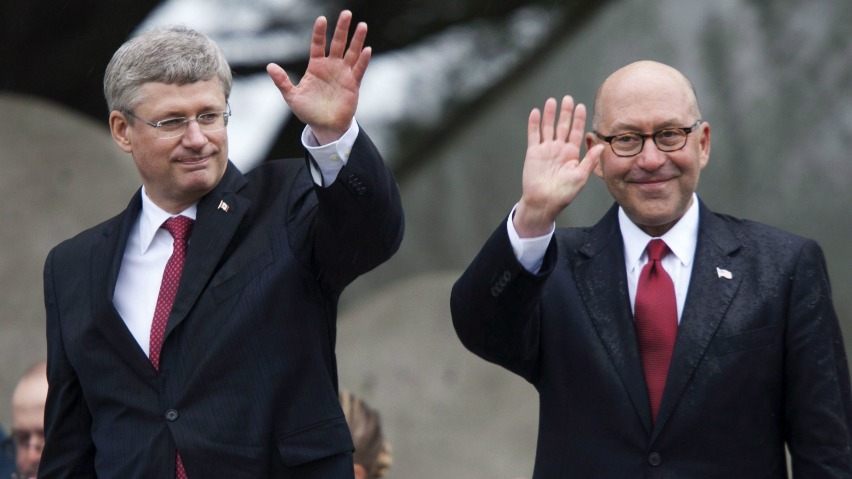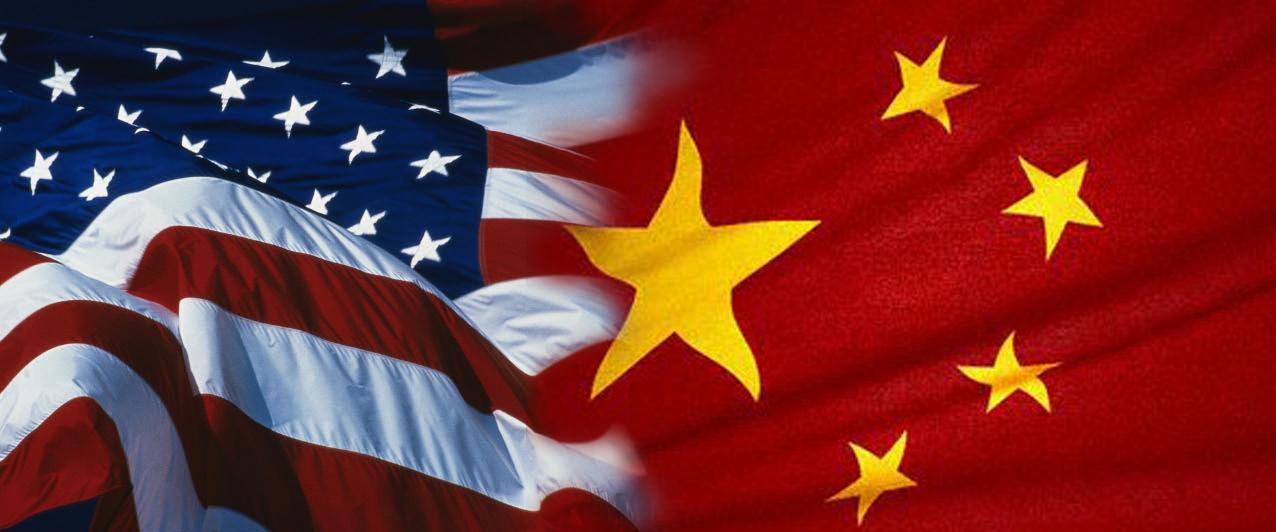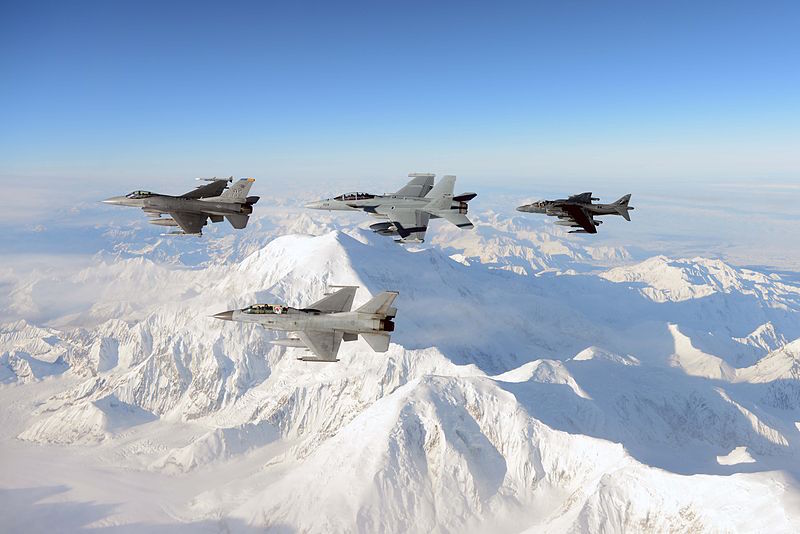 The Globe and Mail issued a series of articles last month showcasing some recent tensions between Canada and the United States. On Wednesday March 17th 2015, Campbell Clark wrote a piece showcasing the troubled tenure of U.S. Ambassador to Canada Bruce Heyman. While previous U.S. Ambassadors had rather close relationships – Clark gives the example of Gordon Giffin sipping scotch with Jean Chretien – Heyman has only met with Stephen Harper once, and despite earnest efforts has been side-lined by senior ministers preferring direct contact with Washington rather than the medium of an Embassy. When Ambassador Heyman was questioned in Vancouver about the article, he reassured that within any large relationship, “there are going to be some challenges,” that the relationship maintains its strength, and refused to answer any questions.
The Globe and Mail issued a series of articles last month showcasing some recent tensions between Canada and the United States. On Wednesday March 17th 2015, Campbell Clark wrote a piece showcasing the troubled tenure of U.S. Ambassador to Canada Bruce Heyman. While previous U.S. Ambassadors had rather close relationships – Clark gives the example of Gordon Giffin sipping scotch with Jean Chretien – Heyman has only met with Stephen Harper once, and despite earnest efforts has been side-lined by senior ministers preferring direct contact with Washington rather than the medium of an Embassy. When Ambassador Heyman was questioned in Vancouver about the article, he reassured that within any large relationship, “there are going to be some challenges,” that the relationship maintains its strength, and refused to answer any questions.
Heyman’s difficult term was the most recent revelation in a string of unfortunate turnings that has bogged down relations between the two countries. The Keystone XL pipeline dispute remains a contentious issue; Ottawa assumed an easy sell to the Americans, but it quickly turned into a quagmire of American politics and environmental regulations. The proposed Trans-Pacific Partnership – a free-trade agreement that Canada signed onto in 2012 – led to quarrels with the U.S. on ensuring continued preferences for Canadian farmers. A recent WTO dispute over U.S. country-of-origin meat-labelling rules created a further trade issue: while necessary for food safety regulations, tracking their place of birth and slaughter adds costs. Unable to find accommodations, Harper claimed that “retaliation becomes essential” to protect the Canadian industry.
Thus, figures such as former Canadian Ambassador Allan Gotlieb called the current state of the relationship “cooler” than any he has seen before. Offering a sobering view, Gotlieb said the relationship is neither at its best nor its worst, just its most distant. On both sides of the border, leaders once paid more attention to the relationship; now the countries seem more detached. Heyman’s tenure fits well into that new mould.
Historically, this is not the first time Canadian-American relationships have hit troubled waters. The Trudeau years were remarkably difficult: marred with some hostile language, Nixon called Trudeau “that son of a bitch” and a “pompous egghead” in regards to trade disputes followed by a quixotic response by the Prime Minister, “I’ve been called worse things by better people.” According to the Nixon Tapes, the President even plotted to plant a negative news report about Trudeau in retaliation for the ongoing tariff issues. Trudeau’s National Energy Program was vehemently protested by the United States, which through new regulations favoured Canadian oil companies and pushed out foreign and American ones.
The early 2000s contains similar disagreements. Paul Martin refused to join the United States in the Iraq War against Saddam Hussein, generating disappointment from Washington, and U.S. Congressmen accused Canada of being “fairweather friends.” When Bush finally visited Ottawa in 2005 to meet Paul Martin, the Prime Minister refused to join Bush’s proposed long-range ballistic missile defense system, causing U.S. Ambassador Paul Cellucci to feel “perplexed” at Canada’s non-committal stance towards NORAD.
There is something positive to be taken from both of these difficult periods: affairs between Canada and the United States can always undergo a political reset. New leaders come into office, and the problems of previous administrations lose their importance. After Trudeau came Brian Mulroney, and mere years after the NEP fiasco there was renewed cooperation, culminating in a 1987 Canada-United States Free Trade Agreement. Similarly, since the election of Barack Obama missile defence has been a non-issue, with both countries cooperating with NATO on recent security threats such as ISIL. Whatever disagreements may arise, the regimes and precedents towards collaboration (NATO, NORAD, NAFTA) are well-entrenched. Despite the obstacles that may appear along the way, the de facto position has always been cooperation, and the future position will most likely be the same. No matter what new revelations may appear in the U.S.-Canada correspondence, it will be forgiven and forgotten in ten years’ time.




